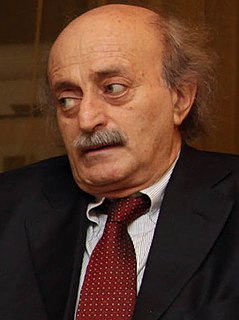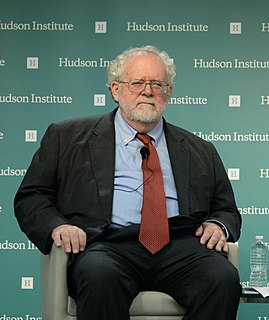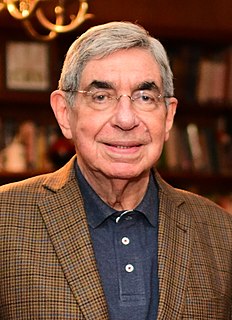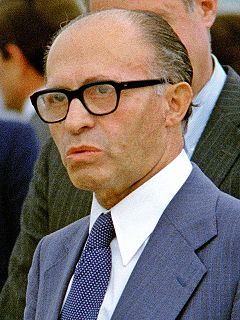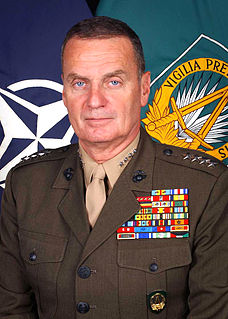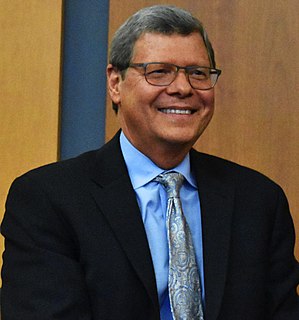A Quote by Walid Jumblatt
We are very serious about imposing weapons restrictions on the PFLP and other Palestinian groups operating from their camps in Lebanon.
Related Quotes
We are calling on countries that supply weapons to comply with certain restrictions: not to sell weapons to human rights abusers, not to sell them to governments or groups carrying out aggression against states, not to make weapons sales that could disrupt security or development in the receiving region. These are in many ways common sense principles, but sadly, there seems to be very little common sense in the international arms trade.
It's easy to put [serious threats] aside, and the media don't talk about them. Other things are more important. How am I going to put food on the table tomorrow? That's what I've got to worry about, and so on. It's very serious, but it's hard to bring out the enormity of these issues, when they do not have the dramatic character of something you can show in the movies, with a nuclear weapons falling and everything disappears.
We have not destroyed al Qaeda, so we still have that to worry about. We have its traditional allies, the Kashmiri groups, the groups that are operating now in Iraq, and now we have a third tier of threat amongst the Muslims that live in the West and who are inspired to do something against the West by the example of the other two tiers.
This would be a very good moment to institute a call for imposing the Chemical Weapons Convention on the Middle East. The actual Chemical Weapons Convention. Not the version that [Barack] Obama presented in his address to the nation and that media commentators repeat. What he said is that the convention bars the use of chemical weapons. He knows better. And so do the commentators. The Chemical Weapons Convention calls for banning the production, storage and use of chemical weapons, not just the use. So why omit production and storage?
Luckily for [Barack] Obama, the Russians came along and rescued him with this proposal [to confiscate Assad's chemical weapons] which he quickly accepted - it was a way out of the embarrassment of facing likely defeat. They still have the option of bombing if they want to. And incidentally, to add one comment about this, you'll notice that this would be a very good moment to institute a call for imposing the Chemical Weapons Convention on the Middle East.
What we are determined to do is to take more people from Syria and that war-torn part of the world as a response to this particular crisis, but again I stress we are taking people from camps because the last thing we want to do is to encourage and reward people smuggling.We are taking people from camps and we are taking family groups; our focus will be on family groups, from persecuted minorities.
I worry most about proliferation of weapons of mass destruction in such a way that they could be acquired by non-governmental organizations, like terrorist groups, especially the radical groups. When a nation state has a nuclear weapon, it's a little bit easier to control the use of it, but for non-governmental groups it's much more difficult.
[Albert]Camus had denounced the gulag and Stalin's trials. Today we can see that he was right. To say that there were concentration camps in the USSR at the time was blasphemous, something very serious indeed. Today we think about the USSR with the camps also in mind, but before it just wasn't allowed. Nobody was allowed to think that or say that if you were left-wing.
I once hosted a dinner party where I had two guests with some serious food restrictions - one was vegan and the other didn't eat red meat... steak and fish were our dinner. Now I always serve family style with a variety of food groups - so there is something for everyone. Always ask your guests if they have any allergies.
If you want peace and well-being to be in place in the Middle East and you want terrorism to be uprooted, then there's no path other than the presence of the Islamic Republic of Iran, you saw that in Iraq, Syria, Lebanon and Yemen that the power that was able to help the people of Iraq, Syria, Lebanon and Yemen in the face of terrorist groups was the Islamic Republic of Iran.
